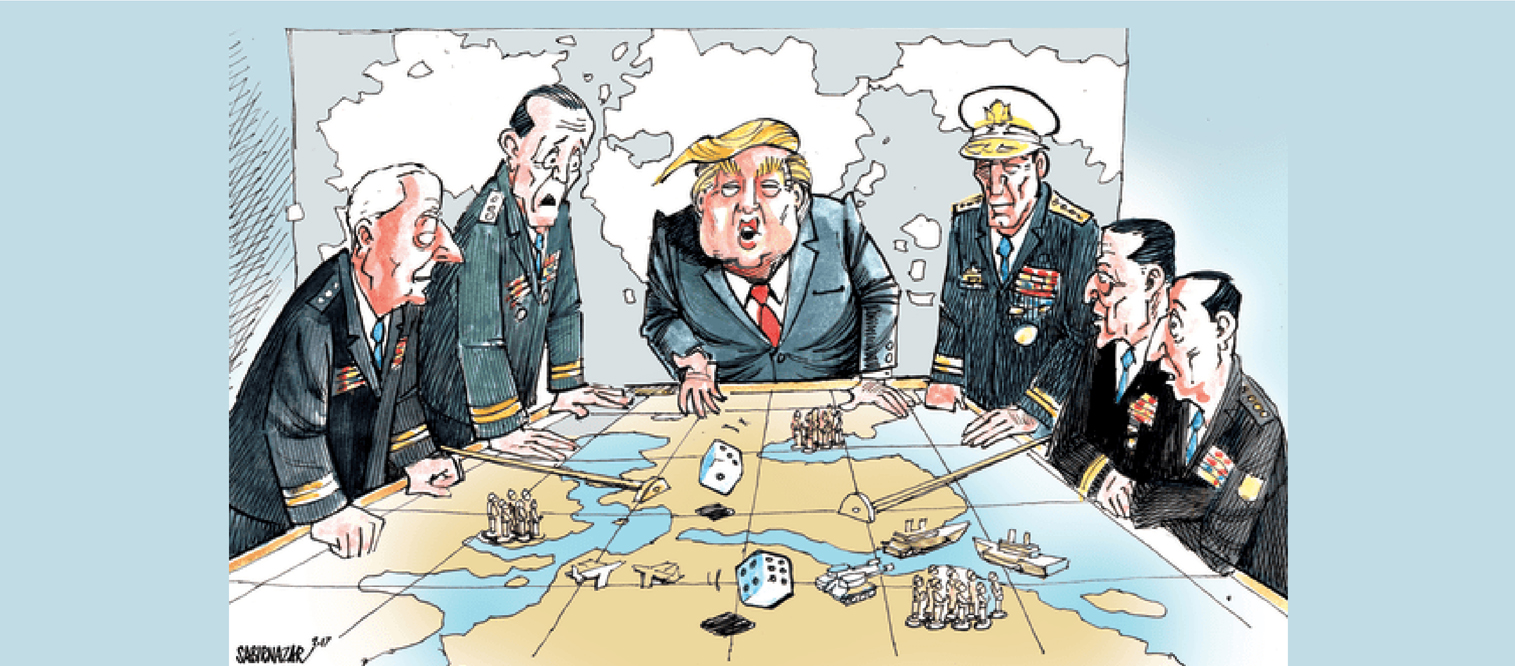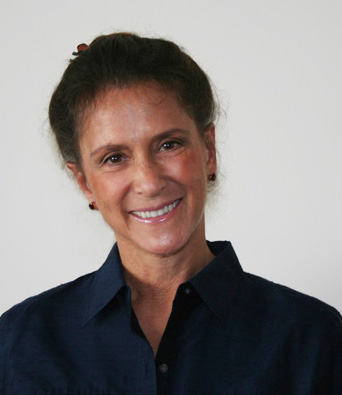
If Rip Van Winkle had fallen asleep in 1980, he would have drifted off with the forbidding image of Sayyid Ruhollah Khomeini, the first Grand Ayatollah of Iran, crystallized in his memory. While our President, Ronald Reagan, blissfully assured the nation that it was “Morning in America” again and that we all could turn the heat back on, Iran’s Supreme Leader was establishing a grim theocracy best depicted in his own words: “I repeat for the last time: abstain from holding meetings, from blathering, from publishing protests. Otherwise I will break your teeth.” America was branded as The Great Satan, and the West was understood to be irredeemably corrupt and morally bankrupt. “Death to America” became the Iranian rallying call because every revolutionary regime needs an enemy to fight against. Khomeini instituted Sharia Law and rewrote rules defining marriage, women’s rights, and the minimum age for intercourse with a minor to be under the age of 13, if approved by a doctor. He deftly took Iran back to the 16th century. Khomeini’s goal was to establish a Shia Crescent across the Middle East. While it was morning in America, it was midnight in Iran.
But since 1979, new-old players have stepped onto this bloody chessboard. Like Iran, Russia’s Putin is still keeping the word, “irredentism” in the dictionaries. And Turkey, formerly known as the Ottoman Empire, is also on the revanchism bandwagon. And what of the card trick known as the Sykes-Picot Agreement that delineated sovereign states in the Middle East following the “War to End All Wars”? That’s changing now. And we’re still stuck in the mud with options beginning to evaporate unless we come up with a better strategy than our current Apocalyptic game of whack-a-mole.
We’ve heard from highly respected experts like Susan Rice describe this poorly conceived move by Trump to assassinate Qasim Soleimani as a match that could ignite this already destabilized region, and experts from many administrations echo her logic. She emphasized that this kind of targeted assassination of Soleimani had been considered previously by several administrations and discarded as too dangerous with a potential for massive unintended consequences.
My initial reaction was the same – that this assassination was yet another in an intolerable list of self-serving geopolitical moves intended to reinforce the likelihood of Trump’s re-election. One more Ukraine grift. One more wag-the-dog moment in what feels like an interminable nightmare in American geopolitics.
Here are some supposed rhetorical questions our man-child of a president asked when he was elected: In the Iraq War, why didn’t we just take the oil? If we have nukes, why don’t we just use them? Why are we in a nuclear deal with Iran in the first place?
So yes, Donald Trump is the callow fellow who will ultimately be hoist with his own petard, as even the most imbecilic among the Republican Party realize that he’s capable of blowing up the world before breakfast. But I think we run the risk of trivializing the significance of the expansionist moves being made by these historic masters of destabilization – Russia, Turkey, and Iran – if we focus only on the political aspects and its impact on our upcoming election. We are diagnosing the symptom instead of the disease. And the disease is oil.
It certainly appears that the stabilizing effects of institutions carefully crafted in the 20th Century to impede a return to these bloody historic conflicts are more than fraying at the edges. The European Union is maximally stressed by the flow of emigration from the battle grounds of the Middle East. The very notion of liberal democracy is being poisoned from within by these same revanchist states. So, focusing on Trump’s clueless wagging of his schtick might be missing the point in a very existential way, because nobody’s planning on going home.
Nobody’s going home as long as oil remains the sole source of energy that powers the world. Even we won’t go home. So, the question is begged: Can we win by duking it out with these former empires à la the 20th Century? Can we stop the carnage in the Middle East by leading some sort of Christian Crusade, the stuff of Mike Pence’s most devout dreams? How about partnering up with our historic allies to drive back these expansionist regimes? Through diplomacy, can we dissuade them from trying to take a bite out of an increasingly rancid carcass rotting in the deserts of the Middle East?
Russia, Turkey, Iran, and Syria are seeking to redraw the lines of sovereignty initially drawn after WWI. There are simply too many fronts from which the various players can launch attacks. And it looks like the Sunnis are increasingly going to have to fight to preserve their ownership of the major oil fields. So, how much are we, as a nation, willing to pay to stop opportunist countries from taking a big bite out of global stability?
Archimedes said: “Give me a place to stand, and with a lever I will move the whole world”.
That lever is currently oil.
But Buckminster Fuller was also right when he said: “You never change things by fighting against the existing reality. To change something, build a new model that makes the old model obsolete”.
I know that this isn’t sexy and doesn’t even rate at the top of concerns in American politics. But it should be at the top of any campaign. When we talk about the wars in the Middle East, clean energy is the only solution to this conflict that is viable. It is the solution that Donald Trump and his Republican Party fight so hard to suppress for the same reasons that Russia, Iran and Turkey are in the fight: the preservation of power.
And we already have the actual solution. The new model that Buckminster Fuller advised is renewable energy technologies and the abandonment of fossil fuel entirely. With this strategy we can, indeed, move the whole world.
Killing Qassim Soleimani might be some sort of declaration of Trumpian virility, but that solution merely preserves endless war.
If we spend half of the money already spent to protect our access to Middle Eastern oil on renewable energy technologies instead of endless war, we could literally save the world. This is the campaign we should be waging in the Middle East. This should finally be our 21st Century version of the endless cycle of the religious Crusades conducted during our own expansion. I think we owe them.
Image: Cagle Cartoons, Sabir Nazar
Deborah Long is a Principal at Development Management Group, Inc. and founder of several non-profit charitable organizations. If you find her perspectives interesting, provocative, or controversial, follow her at: https://www.facebook.com/debby.long.98499?ref=br_rs

Deborah Long is a Principal at Development Management Group, Inc. and founder of several non-profit, charitable organizations. If you find her perspectives interesting, controversial, or provocative, you can follow her at: https://www.facebook.com/debby.long.98499?ref=br_rs
















